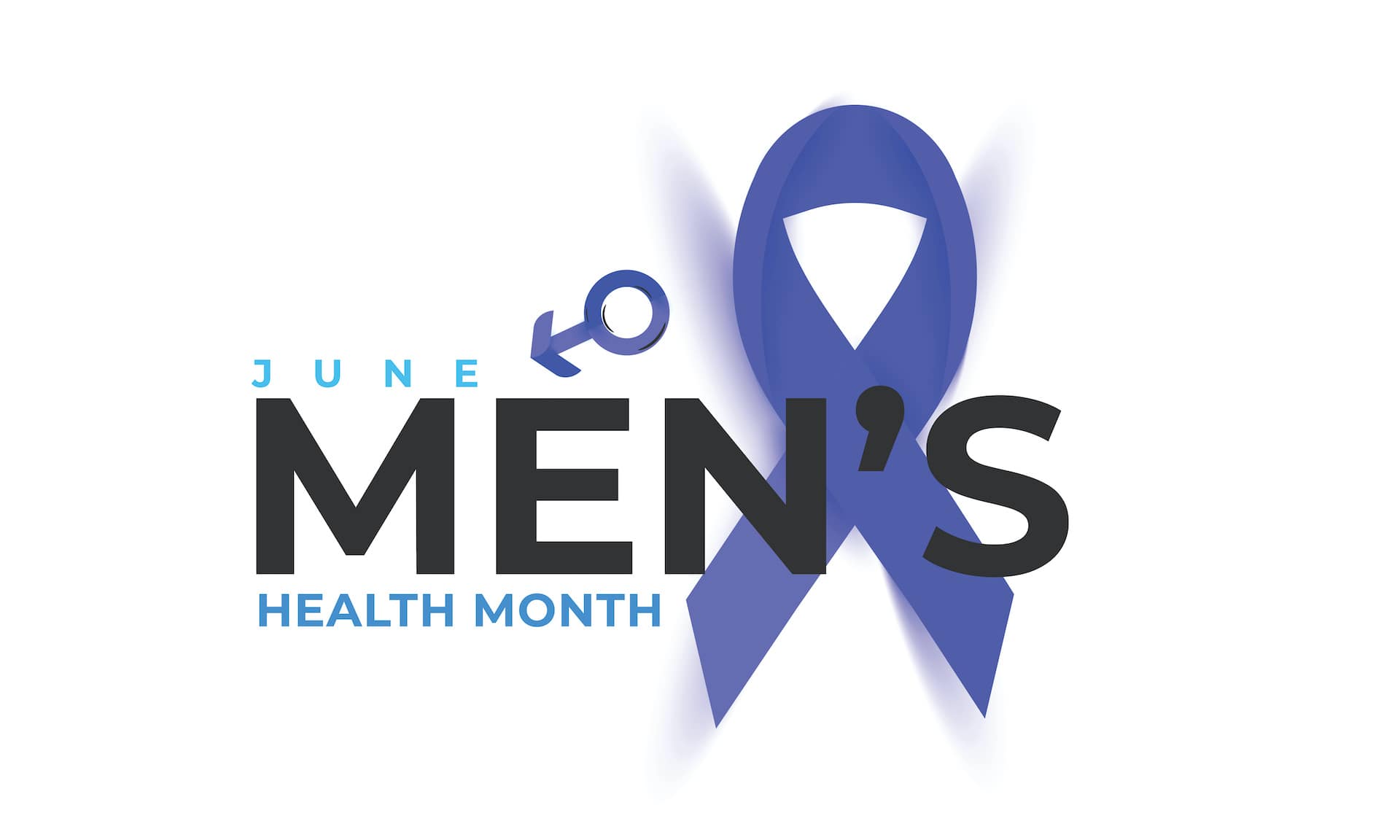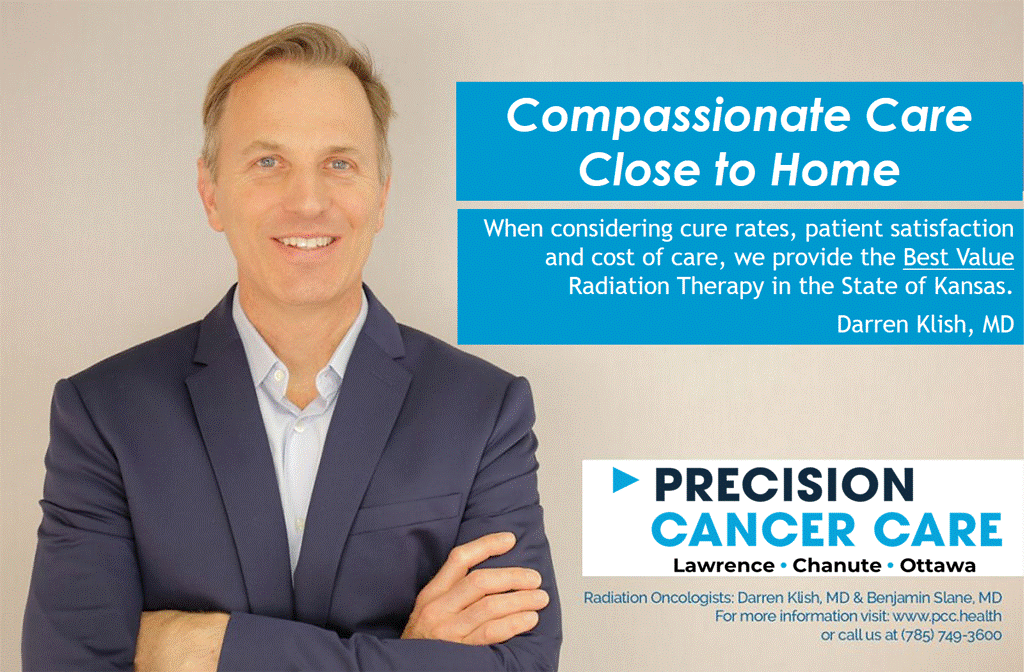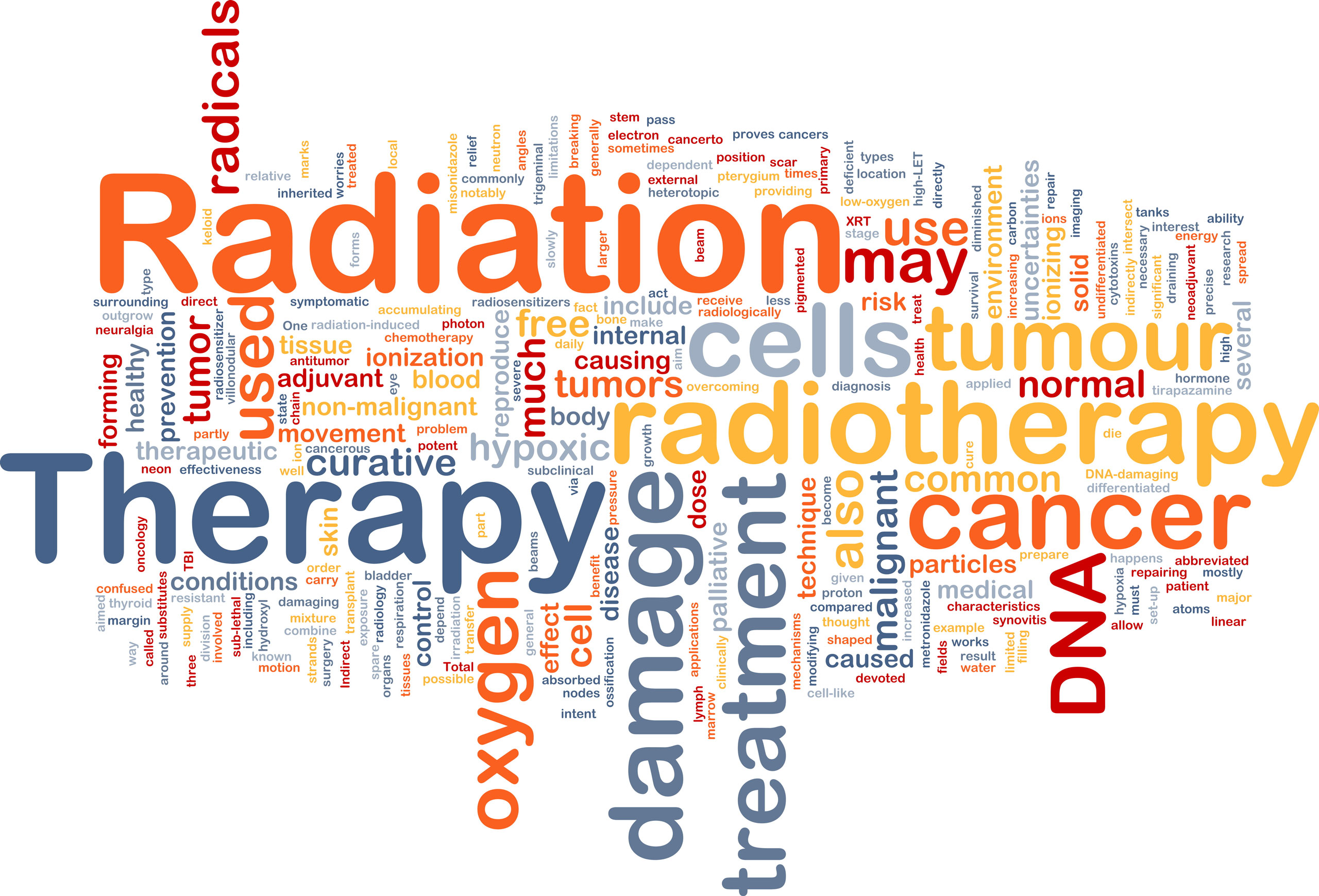
Bringing Awareness to Preventable Men’s Health Problems
Despite advancements in medical science, men continue to face various health challenges that can often be prevented with proper care and timely intervention. June is National Men’s Health Month, a time dedicated to raising awareness about preventable health issues affecting men and encouraging early detection and treatment of diseases. At Precision Cancer Care, we’d like to remind all men to be proactive. Don’t wait for a health crisis to start taking steps toward a healthier lifestyle. Today is the day to prioritize regular check-ups. Here are some areas to focus on:
Key Health Challenges Facing Men
Heart Disease
The Facts (statistics): Heart disease is the leading cause of death for men in the United States, accounting for 1 in every 4 male deaths.
The Signs (risk factors): High blood pressure, high cholesterol, smoking, obesity, physical inactivity, and diabetes.
The Action (prevention tips): Get regular exercise, eat a balanced diet, maintain a healthy weight, and get regular health screenings. All of these actions can significantly reduce the risk of heart disease.
Cancer
The Facts (statistics): Cancer is the second leading cause of death among men. Lung, prostate, and colorectal cancers are the most common types.
The Signs (risk factors): Smoking, poor diet, lack of exercise, and genetic factors.
The Action (prevention tips): Avoid tobacco, limit alcohol consumption, eat a healthy diet rich in fruits and vegetables, and get regular screenings. (More on this below.)
Diabetes
The Facts (statistics): Approximately 34.2 million Americans have diabetes, and men are slightly more likely to develop it than women.
The Signs (risk factors): Obesity, physical inactivity, family history, and high blood pressure.
The Action (prevention tips): Eat healthy, get regular physical activity, maintain a healthy weight, and monitor blood glucose levels regularly.
Mental Health
The Facts (statistics): Men are less likely than women to seek help for depression, substance abuse, and stressful life events. Suicide rates are higher among men, particularly those aged 45-64.
The Signs (risk factors): Societal expectations, reluctance to seek help, and lack of social support.
The Action (prevention tips): Encourage open discussions about mental health, seek professional help, and build strong support networks.
Respiratory Diseases
The Facts (statistics): Chronic lower respiratory diseases, such as COPD, are common among men, particularly those with a history of smoking.
The Signs (risk factors): Smoking, environmental pollutants, and occupational hazards.
The Action (prevention tips): Quit smoking, avoid exposure to pollutants, and use protective equipment in hazardous environments.
Understanding Cancer Detection: A Men’s Health Perspective
Of all of these threats to men’s health, we feel we must focus on the different types of cancer because they are the most preventable. Because cancer is the second leading cause of death among men – with lung, prostate, and colorectal cancers being the most common types – detecting these cancers early is crucial for effective treatment and improving survival rates. At Precision Cancer Care, we wanted to shine some light on the ease with which these threats can be detected thus giving patients the best chance for recovery. It’s one area where men can be proactive and lives can be saved. Get the tests you need to detect cancer early.
Lung Cancer Detection
 Risk Factors: Smoking is the primary risk factor for lung cancer, responsible for approximately 85% of cases in the United States. Other risk factors include exposure to secondhand smoke, radon, asbestos, and certain chemicals.
Risk Factors: Smoking is the primary risk factor for lung cancer, responsible for approximately 85% of cases in the United States. Other risk factors include exposure to secondhand smoke, radon, asbestos, and certain chemicals.
Detection Methods: Low-Dose CT Scan (LDCT): This screening test is recommended for individuals at high risk of lung cancer, typically defined as current or former smokers aged 55 to 80 who have a smoking history of 30 pack-years (one pack per day for 30 years, or an equivalent).
Symptom Awareness: Early symptoms of lung cancer may include persistent cough, coughing up blood, chest pain, hoarseness, and shortness of breath. Recognizing these symptoms and seeking medical evaluation promptly can also aid in early detection.
Colorectal Cancer Detection
 Risk Factors: Age, family history of colorectal cancer or polyps, inflammatory bowel disease (such as Crohn’s disease or ulcerative colitis), and a diet high in red and processed meats are among the risk factors for colorectal cancer.
Risk Factors: Age, family history of colorectal cancer or polyps, inflammatory bowel disease (such as Crohn’s disease or ulcerative colitis), and a diet high in red and processed meats are among the risk factors for colorectal cancer.
Detection Methods:
Colonoscopy: This is considered the gold standard for detecting colorectal cancer and precancerous polyps. During a colonoscopy, a long, flexible tube with a camera is used to examine the entire colon and rectum.
Stool Tests (Fecal Occult Blood Test/Fecal Immunochemical Test): These tests detect hidden blood in the stool, which can be an indicator of colorectal cancer or polyps. They are less invasive than a colonoscopy but may require follow-up with a colonoscopy if positive.
Prostate Cancer Detection
 Risk Factors: Age (risk increases with age), family history of prostate cancer, and African American descent are significant risk factors for prostate cancer.
Risk Factors: Age (risk increases with age), family history of prostate cancer, and African American descent are significant risk factors for prostate cancer.
Detection Methods:
Prostate-Specific Antigen (PSA) Test: This blood test measures the level of PSA in the blood. Elevated PSA levels can indicate prostate cancer, but they can also be caused by other conditions such as prostate enlargement (benign prostatic hyperplasia).
Digital Rectal Examination (DRE): During a DRE, a doctor manually examines the prostate gland through the rectum to check for abnormalities such as lumps or hard areas that could indicate cancer.
Regular Cancer Screenings Save Lives
Regular screening for lung, colorectal, and prostate cancers is vital for early detection and improving treatment outcomes. The effectiveness of these screenings depends on factors such as age, personal health history, and family history. It’s essential for men to discuss their individual risk factors and screening options with their healthcare providers to determine the best course of action. As cancer specialists, our best advice is to get screened regularly. The earlier you catch cancer, the better. Put it on your calendar and make it an annual reminder. We recommend using your birthday as your reminder each year to schedule any regular screenings.
Get Tested Regularly for Cancer
While cancer can be a daunting topic, advancements in screening technologies and increased awareness have significantly improved early detection rates and survival outcomes. For men, understanding the specific risks and available screening tests for lung, colorectal, and prostate cancers is crucial in taking proactive steps towards maintaining good health. By staying informed and proactive about screening recommendations, men can empower themselves to detect cancer early when treatment is most effective. Remember, early detection saves lives. Take charge of your health today.



